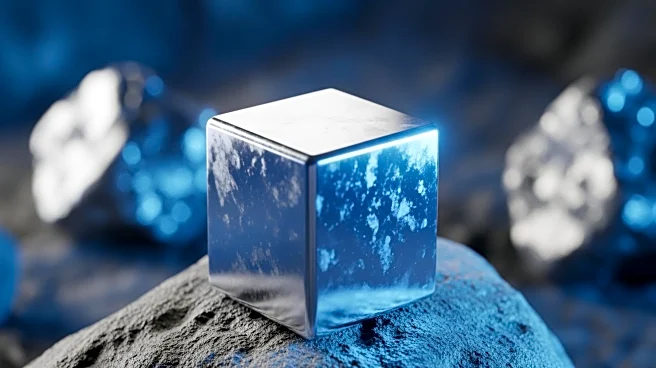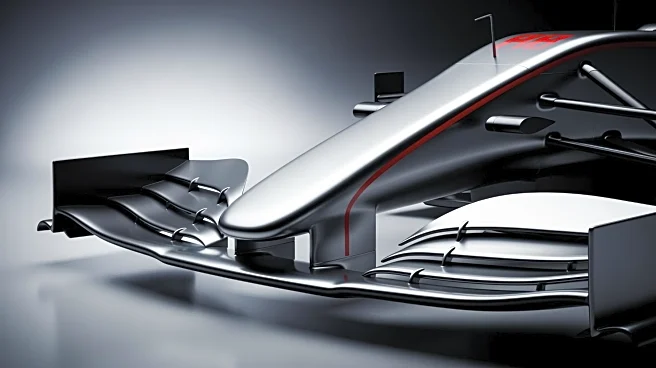What is the story about?
What's Happening?
Ganiga, an Italian startup, is set to present its AI-enabled waste-sorting robots at the TechCrunch Disrupt 2025 event in San Francisco. The company has developed a fleet of robotic waste bins, known as Hoooly, which use generative AI to differentiate between trash and recyclables. Additionally, Ganiga offers a smart lid for existing bins and a software product that tracks waste production and provides reduction suggestions. Founded by Nicolas Zeoli, Ganiga aims to address waste management issues, particularly in Italy, where waste management challenges are prevalent. The company has already sold over 120 robots to clients like Google and various airports, generating significant revenue and securing $1.5 million in pre-seed funding.
Why It's Important?
Ganiga's innovative approach to waste management highlights the growing importance of technology in addressing environmental challenges. By improving recycling rates and providing data-driven insights, Ganiga's products can help companies meet environmental, social, and governance (ESG) mandates and reduce waste-related costs. The startup's success in Europe and plans to expand into the U.S. market demonstrate the potential for AI-driven solutions to transform waste management practices globally. As environmental concerns continue to rise, Ganiga's technology offers a scalable solution that could significantly impact sustainability efforts.
What's Next?
Ganiga plans to launch its latest product, Hooolyfood, in November, which will use camera images to measure food waste. The company is also considering expanding its headquarters to the U.S. in 2026, reflecting its ambition to enter the American market. As Ganiga continues to develop software-focused products, it aims to leverage the data collected by its bins to further enhance waste management solutions. The company's participation in TechCrunch Disrupt provides an opportunity to showcase its technology to a broader audience and attract potential investors for its upcoming $3 million seed round.
















